FIN: CHAPTER 2
LESSON 1: ACCEPTING PAYMENTS
Cash/Check
Accepting physical forms of payment can be useful because it is an instantaneous form of payment and allows you to avoid processing fees associated with online payments and credit cards.
Since we are continuing to move into a paperless, technology centered world, running a solely cash business can be limiting.
Lastly, tracking cash and check payments will be more time consuming as they need to be counted/deposited manually, and ultimately still need to be accounted for using an online accounting program.
Credit/Debit Card
Recent studies show that 75% of consumers prefer credit or debit payments over all other forms.
Some of the advantages include minimizing security risk, easier tracking/processing procedures, and both online and in-person transaction options.
However, accepting card payments is associated with the highest amount of fees. Your business must be associated with a merchant account with integrated payment technology in order to process. On average CC processing fees are in the range of 1.43-3.5% of each transaction. Lastly, offering in-person card payment means that you may want to invest in a card reader for convenient transactions.
The benefits of having a merchant account associated with your business are that automatic billing procedures can be implemented for repeat clients, customized invoices can be created, and many merchant software’s offer accounting and tracking features.
Online/Automated Clearing House (ACH)
ACH payments are electronic payments that are created when the customer gives an originating institution, corporation, or other customer (originator) authorization to debit directly from the customer's checking or saving account for the purpose of bill payment.
Money transfer applications like zelle and venmo are illegal to take payments for business unless through a merchant account where there are fees for transactions.
This new, up-and-coming, form of payment allows many customizable perks, easy tracking features, and recurring payment invoices, but has some downfalls as well.
Paypal Business and other similar ACH services allow you to integrate bank accounts without the use of a third party merchant service, while still offering fraud protection. ACH services allow customizable invoices and shopping cards for different services which clients can pay for using Paypal funds or directly from integrated cards/accounts.
While the processing fees associated with ACH services are usually lower than with card payments, there are still processing and selling fees involved. Additionally, since received payments can be held and used directly from your PayPal account, special taxation procedures are necessary to keep track of transactions, and abide by professional standards.
The IRS sends you a 1099-K form by January 31st if you received payments from payment card transactions and/or through settlement of third-party payment network transactions above the minimum reporting thresholds of gross payments above $20,000 AND more than 200 transactions. The payment settlement entity you worked through will be required to send in your 1099-K to the IRS.
Based on our 2019 research, here is a comparison chart showcasing a variety of payment processing companies, their set-up fees, different payment options, invoicing details, and more pros and cons.











